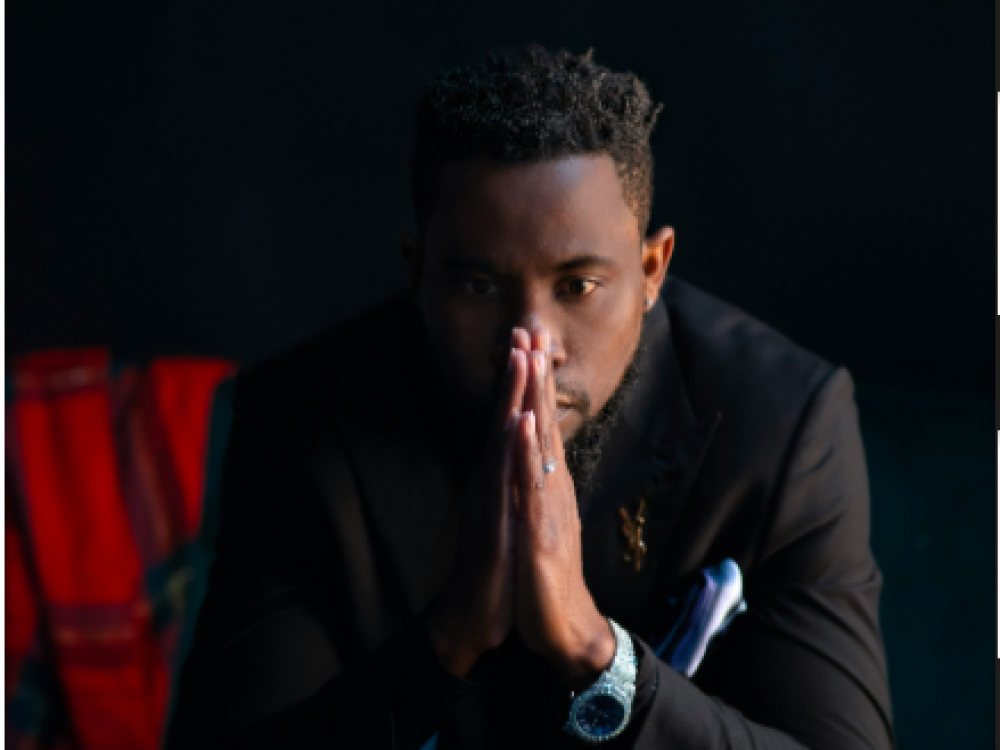“God forbid!” is the loud cry heard in many Nigerian households, at the mere mention of death or estate planning. Many breadwinners cannot imagine any situation where they are no longer available to provide for their families, and don’t entertain contingency preparation.
Estate planning is often seen not only as alien to our culture, but as merely courting misfortune. Yet, life doesn’t allow for superstition. Many homes, families and relationships have suffered dislocation when tragedy occurred. In many cases, it is often the community or church that stepped in to resolve the resulting chaos and dispute.
For Nigerians in the diaspora, this silence carries even bigger consequences. Often lacking the traditional support back home, we are simply busy accumulating assets across borders, and raising children with dual identities, and juggling ties to home.
Without a clear plan, there are clear risks any legacy can be lost in legal limbo—turning blessings into battlegrounds.
This isn’t just about documents. It’s about protecting your peace, honouring your values, and ensuring your story continues with intention.
Two Diaspora Wake-Up Calls
Chika and Ngozi represent typical attitudes of many Africans, until first-hand experience of misfortune.
Chika had managed to build a quiet life in London, after fifteen years in the UK. He worked as an IT consultant, which helped in funding a steady flow of support to family, home and investments in Nigeria.
But that peaceful life was shattered, when his cousin in Manchester died suddenly without a will. The British-born children and Nigerian relatives clashed over inheritance as legal battles dragged on, and relationships became fractured.
Chika was devastated from the chaos, and knew silence was no longer safety. Within weeks, he sat down with a solicitor and began drafting his will. He was determined to spare his loved ones the pain of uncertainty.
In Toronto, Ngozi was a single mother of two, and worked as a nurse. She had always seen estate planning as something for the elderly. Yet over the years, she’d quietly built a legacy: a Toronto condo, a plot of land in Enugu, and savings earmarked for her children’s education.
But a routine HR question caused her to ponder one day: “Who are your beneficiaries?” If something happened to her, who would protect her children in Canada and secure her property in Nigeria?
That moment changed everything. She sought advice from both a Canadian lawyer and a Nigerian estate planner. Today, her affairs are in order—her children’s future safeguarded, her assets protected across borders.
Estate Planning Is Crucial
Living abroad as a Nigerian often means straddling two worlds. It is caring for your household in the diaspora while still supporting extended family back home. But without intentional planning, someone you love may be left behind.
Western legal systems don’t speak the language of culture. UK, US, and Canadian courts won’t honour Igbo, Yoruba, or Idoma inheritance customs. In the absence of a will, your legacy is filtered through laws that clearly don’t understand your values.
Success isn’t just about building wealth overseas, but also preserving it across generations. And nothing fractures family faster than inheritance disputes. A clear, culturally informed estate plan is an act of love that protects peace long after you’re gone.
Practical Steps In Estate Planning
Planning your legacy starts where you live. Begin by drafting a will with a solicitor who understands your country’s inheritance laws, or ideally, has experience working with African families. Their insight can bridge cultural nuances and legal requirements.
Don’t overlook what you’ve built back home. Whether it’s land in Enugu, Abuja or joint investments in Lagos, those assets deserve protection too. A Nigerian estate lawyer can help ensure your wishes are honoured locally.
Keep your beneficiaries up to date. Life changes—marriages, births, relocations—and your paperwork should reflect that. From bank accounts to pensions, outdated names can cause unnecessary complications.
If you’re raising children abroad, consider setting up a trust. It’s a powerful way to ensure your wealth is managed wisely and used for their benefit, especially while they’re still young.
And above all, communicate. You don’t need to reveal every financial detail, but sharing your intentions with loved ones can prevent confusion, conflict, and heartache down the line. Legacy thrives on clarity.

Legacy Is More Than Wealth
Estate planning isn’t about being morbid. It’s about being wise, as Chika’s cousin’s story warns us of the pain of neglect. Ngozi’s journey shows us the peace that comes with preparation.
Your legacy should be a blessing, not a burden. So here’s the real question: Will your hard work abroad outlive you, or divide the people you love most?
Should estate planning be taught in every Nigerian diaspora community? Share your thoughts in the comments.



